
Join GIJN at Two Global Conferences: RightsCon and IRE
In June, GIJN will participate in two major conferences alongside global experts in the fields of human rights, technology, and investigative journalism. See you online at RightsCon and #IRE21!

In June, GIJN will participate in two major conferences alongside global experts in the fields of human rights, technology, and investigative journalism. See you online at RightsCon and #IRE21!
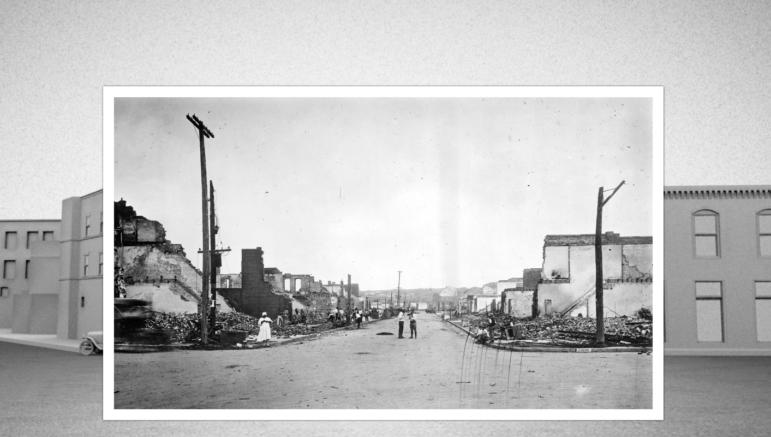
For inmates in Canada, risk assessments can determine which type of prison they are sent to and their chances of successfully reentering society. But an investigation by The Globe and Mail revealed that these assessments are biased against Indigenous and Black inmates. Our NodeXL #ddj mapping from May 24 to 30 also found an interactive project by The New York Times recreating the Black neighborhood in Tulsa, Oklahoma destroyed in 1921, and data-driven reporting on the influence of big money in soccer, the cost of Italy’s vaccination campaign, and police violence during the recent protests in Colombia.
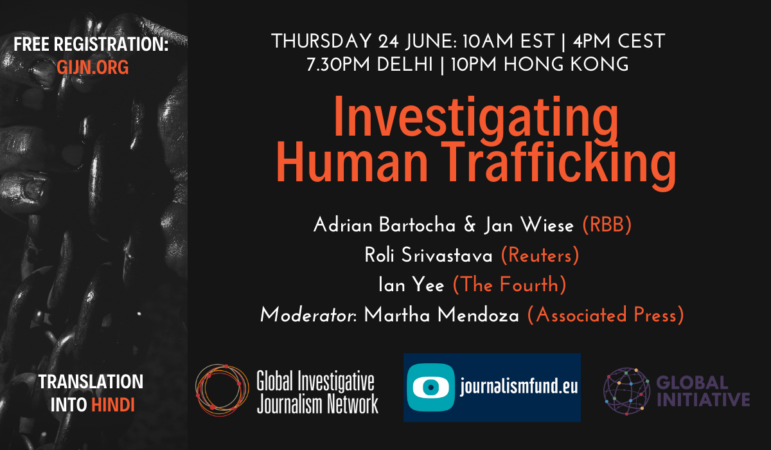
GIJN is pleased to present Investigating Human Trafficking, a webinar that will provide tips on how to dig into the two main types of human trafficking, sex exploitation and labor abuse, and discuss the best ways to cooperate with civil society groups that offer protection to victims of trafficking and slavery.
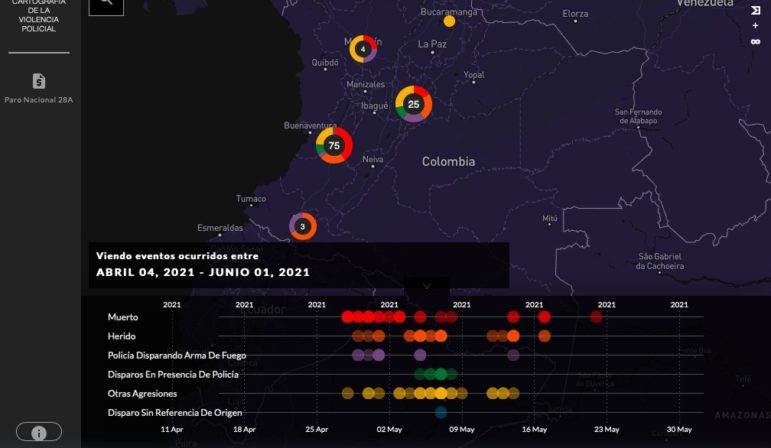
Colombian media outlet Cerosetenta joined the international collective of journalists and researchers Bellingcat and research agency Forensic Architecture to map police violence during ongoing protests in Colombia and, in a second step, to reconstruct crimes committed in this context.
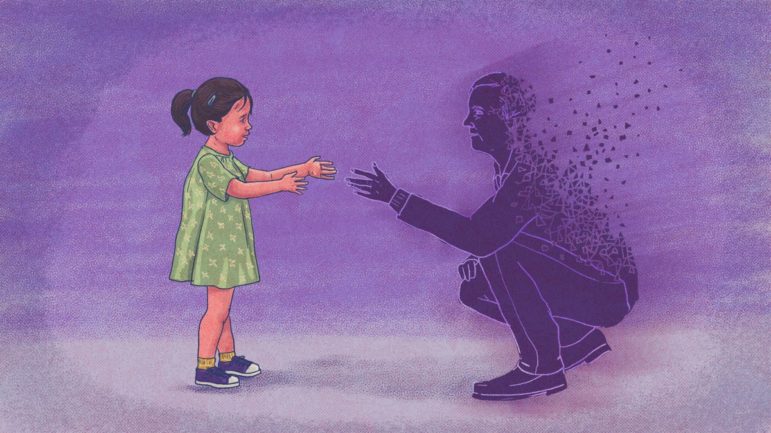
When the COVID-19 pandemic took hold last year, editors scrambled to rapidly assemble teams to cover the crisis. Steps ahead were the outlets already dedicated to investigating health as a subject who knew how to source and build networks of public health and vaccine experts, and crucially, how to investigate both the science and the politics behind the pandemic response.

Over the past 18 months, The New Humanitarian and the Thomson Reuters Foundation interviewed more than 70 women who said aid workers offered them work in exchange for sex during the Ebola outbreak in the Democratic Republic of Congo. The reporters were asked by other groups why they haven’t shared the women’s details yet. But, writes Paisley Dodds, The New Humanitarian’s investigations and features editor, that isn’t part of a journalist’s job.

Serbia’s investigative nonprofits face an extraordinary array of threats and harassment due to a new model in which autocrats outsource repression to oligarchs, pro-government media, street gangs, and other proxies. In a series of interviews, three leading editors told GIJN about the sinister tactics they face, and the determination required to keep accountability alive.
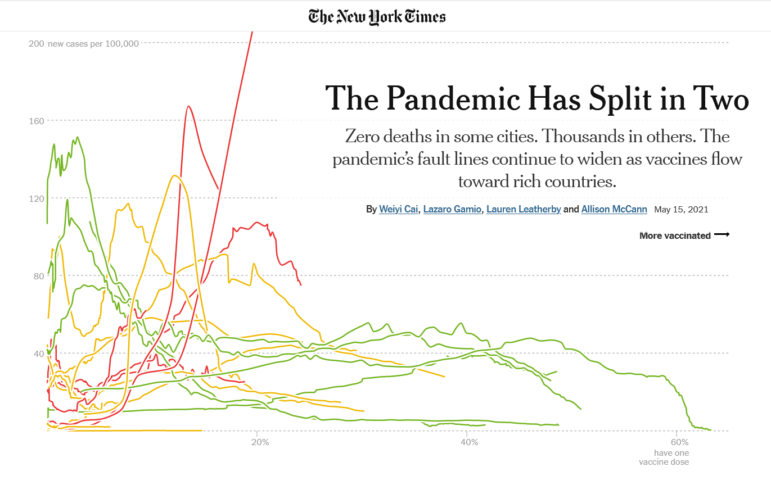
In this edition of Data Journalism Top 10, we look at the history of Eurovision, a Financial Times analysis of how much energy is needed to mine bitcoin, a piece on wildlife trafficking in Hong Kong by GIJN member Oxpeckers, and a piece looking at how American families spend their monthly budgets.

Without a primary visual medium, radio reporting has trailed other media formats in data journalism. But creative data solutions for radio are emerging — and experts shared a dozen tips to help radio reporters broaden their storytelling repertoires, populate digital versions of their stories with data, and empower listeners to visualize without visuals.

Data journalism can show trends, maps, and patterns, highlighting whether violence has gone up or down in a region, where conflict is located, and how this relates to conditions on the ground that impacts civilians, such as migration or refugees. Here’s more on how you can use it in your next investigation.

In recent years it has become increasingly difficult to report on Iraq, with attacks and threats against journalists leaving investigative journalists in the country at risk. In this article, an award-winning reporter explores what is happening and what is at stake.

One little-recognized, unlisted casualty of the struggle for newsroom survival is the impact on an irreplaceable resource that citizens across America rely on: the public record of their communities as recorded by their local newspaper, radio or TV station, online newsroom or other news outlet.
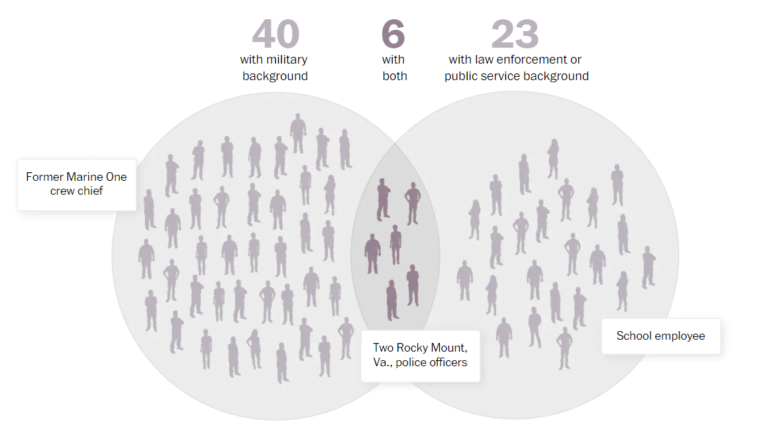
In the wake of the terrorist attacks on September 11, 2001, the United States invaded Afghanistan to overthrow the Taliban. As the US prepares to withdraw its troops later this year, our NodeXL #ddj mapping found an interactive project by Al Jazeera showcasing the impact of a conflict that has directly claimed the lives of an estimated 241,000 people. In this edition, we also feature a story about the difficulties some Russian students have getting to school by IStories, an investigation into deaths related to gold mining holes by InfoCongo, and a visual vocabulary for data projects by the Financial Times.

GIJN is pleased to partner with Finance Uncovered, a UK-based investigative journalism training and reporting project, to organize two webinars for African journalists on how to investigate company finances.

The Earth Journalism Network has supported thousands of journalists around the world, building a model of editorial and financial support to investigate the most urgent story of our time — climate change.

The search of a journalist’s phone in detention exemplifies the threat digital forensics technologies pose to privacy and press freedom around the world. In Botswana, journalists recount the frightening state of government surveillance, powered by international technology companies.
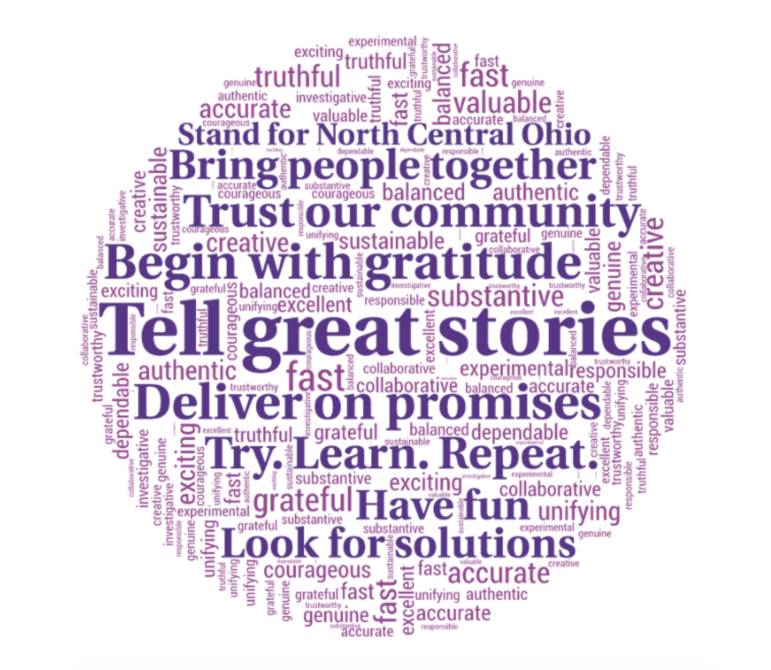
If you run a local news organization that’s trying to figure out reader or corporate funding, this post can help you get started. In it, Jay Allred sets out ten tips for engaging with your supporters, setting out how the Richland Source, a nationally-recognized online community news organization in Ohio, raised $250,000 to fund local journalism.

In 2018, private investigator Igor Ostrovskiy revealed to US investigative reporter Ronan Farrow that he was spying on him, and became a whistleblower on the threat of “hunting journalists.” Ostrovskiy recently briefed journalists on how to deal with the growing menace of physical surveillance.

Would you board a night train instead of a plane in order to help protect the environment? European policymakers hope more and more citizens will do so. Our NodeXL #ddj mapping from May 3 to 9, found an article by Bloomberg analyzing a plan to drastically cut greenhouse gas emissions by rolling out more cross-border rail lines. In this edition, we also feature a multimedia project looking at an architectural phenomenon linked to apartheid in South Africa, a Washington Post story about the true toll of the coronavirus pandemic in Mexico City, and a guide on using data in conflict reporting.
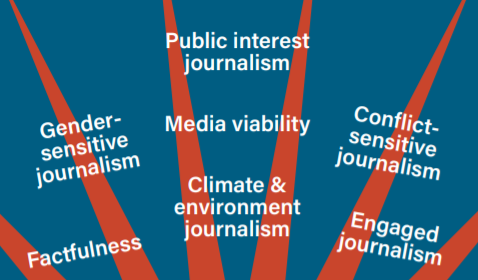
In this chapter for a new book on the role of civil society and journalism in sub-Saharan Africa, the head of policy for Sweden’s Fojo Media Institute argues that sustainable societies require a kind of journalism that addresses the sustainability challenges facing the planet.

Geographical information system modeling — a digital technology that allows geographers to perform spatial, data-driven analysis of landscapes — is providing an insight into why some undocumented migrants perish while crossing international borders, including in the Sonoran desert on the border between Mexico and the United States.

GIJN is pleased to announce the second of two free webinars with Paul Myers focused on Asia. The webinars are open to journalists everywhere, but aimed especially at those in East and Southeast Asia. Myers will guide attendees through search engine caches, date range searches, and archives for effective online time traveling.
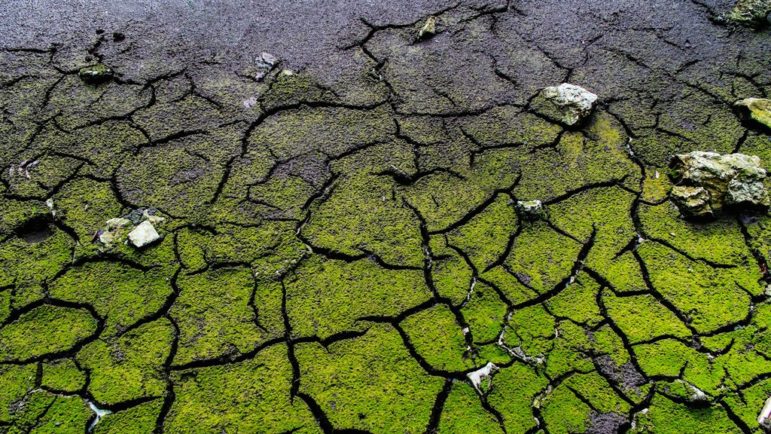
Wondering how to investigate climate change and where to find the best data? At a recent conference, science reporters from BuzzFeed News, NPR, and ProPublica shared tips on little-known data sources that can make climate change stories both easier to report and understand.
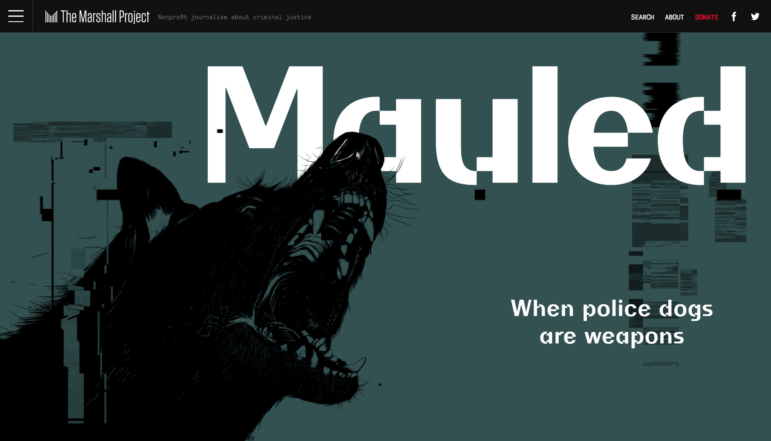
Four news outlets teamed up to reveal that police dogs bite and maim thousands of people a year, an investigation that was one of five finalists for the 2021 Goldsmith Prize. Here the journalists involved explain how they overcame some of the biggest challenges in reporting the series, and give tips for journalists creating databases for their own investigations.
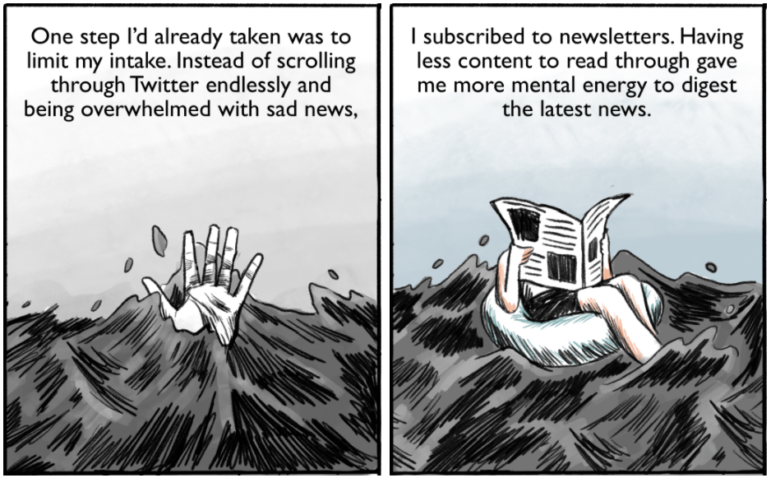
Homeschooling has presented many challenges to parents and legal guardians of children around the world, with many dissatisfied with the online learning experience. Our NodeXL #ddj mapping from April 26 to May 2 found a piece by Voxeurop highlighting that most people in Europe aren’t keen on their kids continuing to study remotely even if provided with the necessary materials and support. In this edition, we also feature an interactive project by the Guardian exploring disappearing glaciers, a look at Stephen Curry’s remarkable basketball records by The Washington Post, and an archive of publications using data sonification to tell stories.

In August 2020, the leaders of Thailand’s pro-democracy movement published a list of demands after tens of thousands of reformists joined their call to take to the streets. Only one local media outlet dared to publish them: Prachatai, a bold start-up committed to promoting freedom of expression and democracy.

In a recent series, New York Times reporter Kevin Roose explored how one Harvard-educated woman was radicalized online by tracking the conspiracy theories and memes she shares. In this Q&A, Roose explains how the story came together.

Monday, May 3, is World Press Freedom Day, a global day of recognition for journalists around the world, particularly those who are standing up for truth and revealing information in the public interest despite political intimidation, government oppression, and threats of violence.